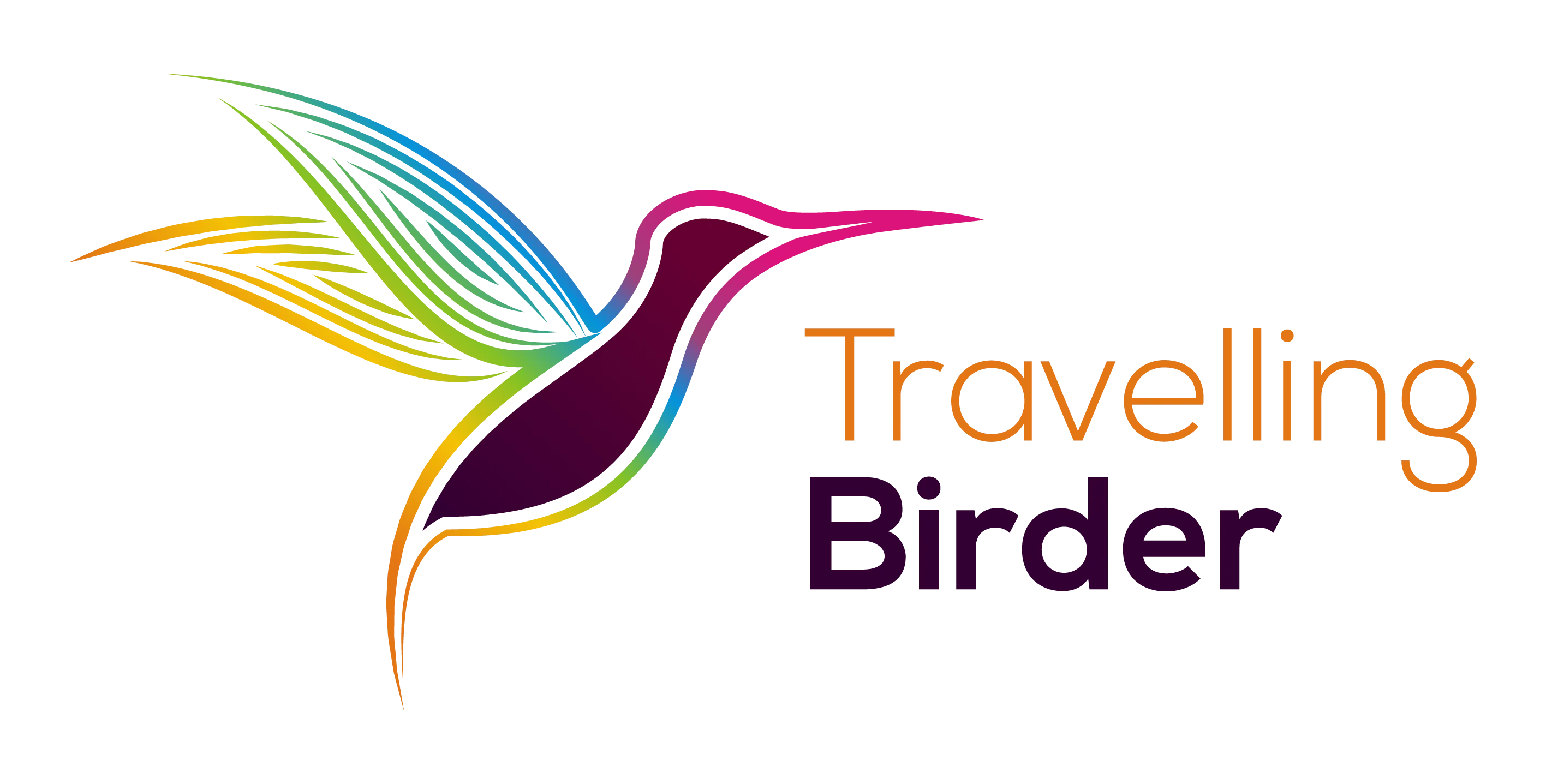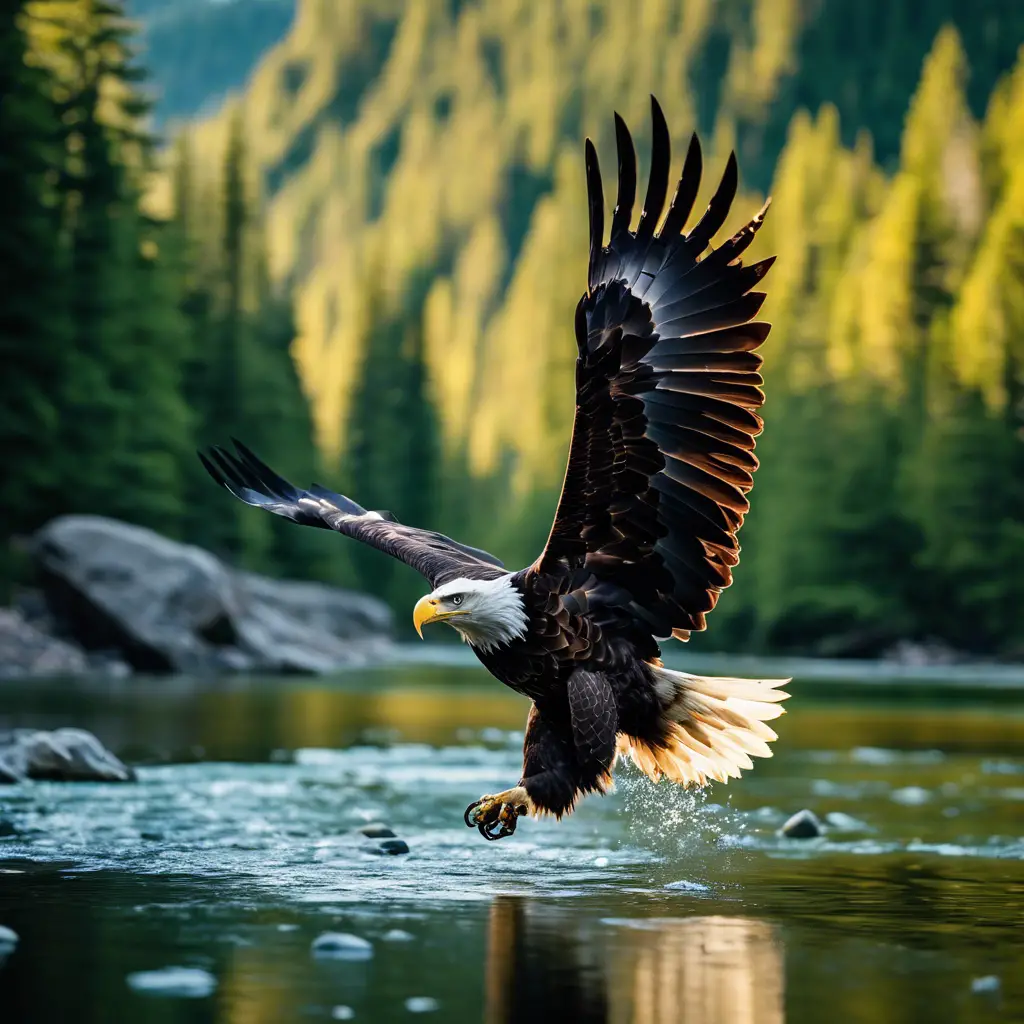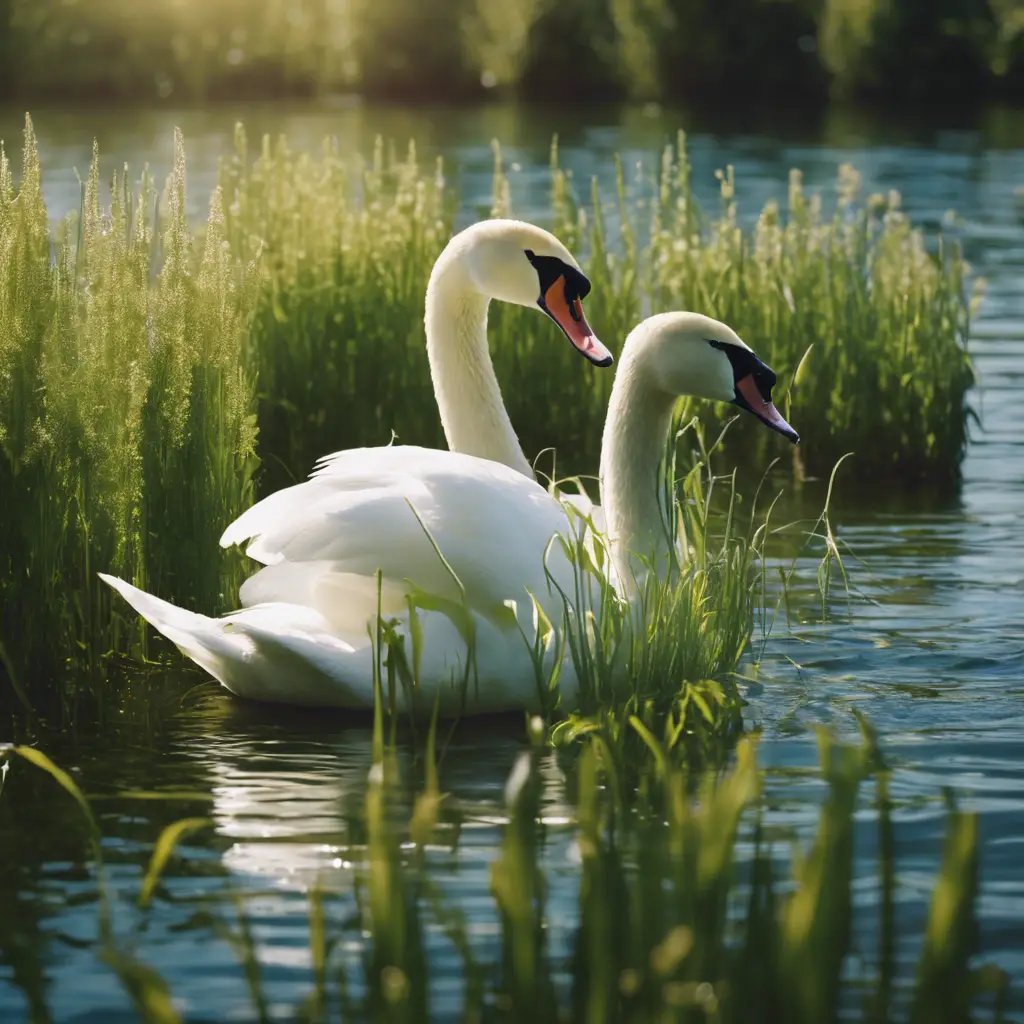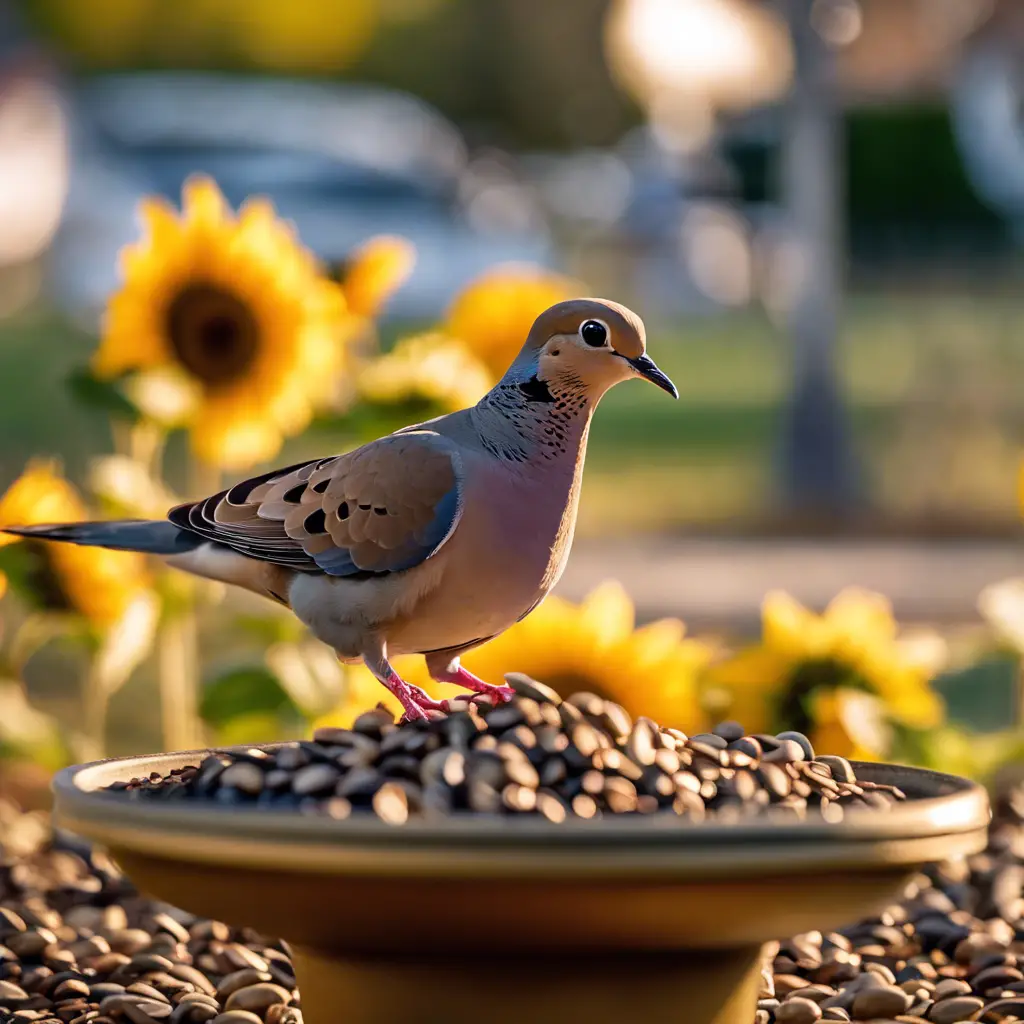Through my experience as an avian nutritionist, I’ve learned the delicate balance of a budgie’s diet. I believe in the importance of variety to ensure their health.
Just last week, I watched my own budgie, Kiwi, excitedly peck at his bowl filled with a nutritious mix I prepared. It included seeds, but also pellets and chopped greens, reflecting the 40% fresh produce rule that I advocate for.
I avoided chocolate and avocado, knowing their dangers. As Kiwi enjoyed his meal and I refreshed his water, I felt a sense of pride in my expertise, ensuring he thrived under my care.
Key Takeaways
- Provide a diet rich in pellets, fresh produce, and calcium sources.
- Fruits and vegetables should make up about 40% of their intake.
- Pellets offer complete nutrition with essential vitamins and minerals.
- Avoid high-fat seed mixes and serve treats in moderation.
Essential Budgie Diet Basics
You’ll ensure your budgie’s vitality by providing a diet rich in pellets, fresh produce, and adequate calcium sources. A pelleted diet forms the backbone of your budgie’s nutritional needs, supplying balanced proportions of vitamins and minerals.
But don’t overlook the importance of a varied diet; fruits and vegetables should make up about 40% of their intake, offering essential nutrients not always found in pellets. Leafy greens and a colorful array of veggies are perfect for mixing things up.
Remember, cuttlefish bones are a fantastic source of calcium, vital for your budgie’s health.
Safe Fruits for Budgies
In addition to their daily pellets and vegetables, you can offer your budgie a variety of fruits as a nutritious treat throughout the week. Safe fruits for budgies are crucial for a well-rounded diet, providing essential vitamins and minerals. Ensure that the fresh food you introduce to your budgie’s diet complements their mainstay of pellets, and always remember to serve these treats in moderation.
Here are a few favorite fruit can budgies enjoy:
- Apple slices – a sweet crunch your feathery friend will love.
- Juicy grapes – bursting with hydration and flavor.
- Mango or papaya chunks – exotic treats packed with nutrients.
Always provide fresh water for your budgie, especially when introducing different foods, to maintain their overall health and happiness.
Vegetables Budgies Love
Ensure your budgie’s diet includes a colorful array of vegetables, as they relish a mix of leafy greens and crunchy veggies for optimal health. Fresh vegetables budgies love range from the cool crunch of cucumber to the softness of ripe tomatoes. Incorporate small amounts of beetroot and rocket for variety, along with green beans and peas in pods.
Remember, birds need a balanced diet, so don’t skip the dark greens like kale and broccoli, which are packed with nutrients. Carrots, a particular favorite, should make frequent appearances in your budgie’s diet. Their vibrant color and taste are irresistible to most budgies.
The Role of Pellets
While you’re incorporating a variety of vegetables into your budgie’s diet, don’t overlook the importance of pellets as a foundational component for their overall nutrition. Budgie pellets are designed to offer a complete and balanced diet, unlike seed mixes which can be high in fat and lead to selective eating habits. It’s recommended that you provide a small amount of pellets, about 60-80% of your budgie’s daily diet, to ensure they’re getting all the necessary nutrients.
Here’s why pellets should be a staple in your budgie’s diet:
- Complete Nutrition: Pellets provide all the essential vitamins and minerals in the right proportions.
- Avoids Selectivity: Prevents the risk of your budgie only eating their favorite, often high-fat seeds.
- Easy Transition: For hand-raised babies, pellets make weaning simpler, setting the stage for a lifetime of good eating habits.
Seeds and Grains Options
You’ll find that incorporating a variety of seeds and grains into your budgie’s diet adds essential nutrients and variety to their meals. When selecting which seeds to feed your budgie, aim for a good seed mix that includes barley, oats, and quinoa. These options aren’t only tasty for your feathered friend but also provide a well-rounded nutritional profile. Remember, though, to use high-fat seeds like sunflower and flax sparingly to maintain a healthy balance.
Additionally, consider enhancing your budgie’s calcium intake, which is vital for their health. A natural source of calcium, such as a cuttlefish bone, can be an excellent addition to their cage. This ensures your budgies eat a diet that supports their overall wellness and vitality.
Occasional Treats
In addition to the staple seeds and grains, you can indulge your budgie with treats like dried mealworms and bits of hard-boiled eggs to add excitement to their diet. While these occasional treats can spark joy in your feathered friend’s day, remember to serve them in moderation.
Here are a few favorites:
- Lafeber Original AviCakes: Mix a small bit into their daily feed for a delightful surprise.
- Vitapol Treat Sticks: Add honey for an extra special touch, but only give these twice a week due to their little nutritional value.
- Fresh Fruits: Offer a tiny slice to watch their curiosity and happiness unfold.
Never ever feed your budgie anything toxic to them, and always consult a vet if you’re unsure about a new treat.
Foods to Avoid
As you explore treat options for your budgie, it’s crucial to know which foods can harm their health and should be strictly off the menu. Make sure your budgie gets a balanced diet and avoid giving them fried food, as it’s unhealthy for their delicate systems. Never feed your budgie salt or alcohol; these are toxic to them.
While seeds like sunflower and flax might be tempting, use them sparingly due to their high-fat content. Also, don’t add honey or other sweeteners to your budgie’s food. It’s best to steer clear of pale vegetables that are mostly water and offer little nutritional value.
Always provide clean and fresh water, opting for bottled water if the tap water quality is questionable.
Hydration and Water Quality
Ensuring your budgie always has access to fresh, clean water is as important as their solid food diet for maintaining good health. Just like you, these delightful birds need proper hydration to thrive. Remember to change the water at least twice a day to prevent contamination.
Here’s what you can do to ensure your budgie stays happily hydrated:
- Always Available: Make sure your budgie’s water bowl is full of clean water at all times.
- Quality Counts: Consider using bottled water if tap water quality is a concern.
- Extra Care: Add a few drops of cider vinegar to the water to maintain its quality, keeping your feathered friend in top-notch condition.
Feeding Schedule and Portions
You’ll need to establish a regular feeding schedule for your budgie, providing measured portions to maintain a balanced diet. Small birds like budgies live active lives and have specific nutritional needs every day.
A good rule of thumb is to offer your feathered friend about 15-16 grams of food daily, ensuring pellets make up the majority of their intake. Fresh foods should complement this, but remember, treats should be given sparingly, not exceeding 3-4 grams.
Always have fresh water readily available, as hydration plays a crucial role in their health. By sticking to this feeding schedule and portions, you’ll help your budgie thrive while preventing overfeeding, which could lead to health issues.
Frequently Asked Questions
What Can I Feed to My Budgie?
You can feed your budgie pellets, a variety of fresh fruits, salad vegetables, and occasional treats like mealworms. Don’t forget cuttlefish bones for calcium and avoid fried foods, salt, and alcohol.
What Do Budgies Normally Eat?
You’ll find that budgies usually munch on pellets, seeds, fruits, and veggies. Don’t forget to add cuttlefish bones for calcium, and treat them occasionally with mealworms or bits of hard-boiled egg.
What Can Budgies Not Eat?
You should avoid giving your budgie fried foods, salt, alcohol, honey, sweeteners, and high-fat seeds like sunflower and flax. Also, steer clear of pale, watery vegetables that offer little nutrition.
What Do Budgies Love to Eat the Most?
You’ll find your budgie adores munching on fresh fruits, crunchy vegetables, and a mix of seeds. They especially relish the fun of pecking at nutritious cuttlefish bones for a tasty calcium boost.
Conclusion
As a budgie owner, it’s your job to keep their diet varied and healthy. Offer a mix of pellets, fresh fruits, and veggies, with seeds and treats in moderation.
Steer clear of harmful foods and always provide clean water. Stick to a regular feeding schedule and proper portions to maintain their well-being.
Remember, a happy budgie starts with what’s in their bowl, so give them the best for a vibrant, energetic life.

An avid ornithologist, zoologist and biologist with an unwavering passion for birds and wild animals.
Dr. Wilson’s journey in ornithology began in childhood and led him to obtain a Ph.D. in Ornithology from the prestigious Avian Research Institute. He has worked closely with renowned experts in the field and conducted extensive research and field studies globally.





